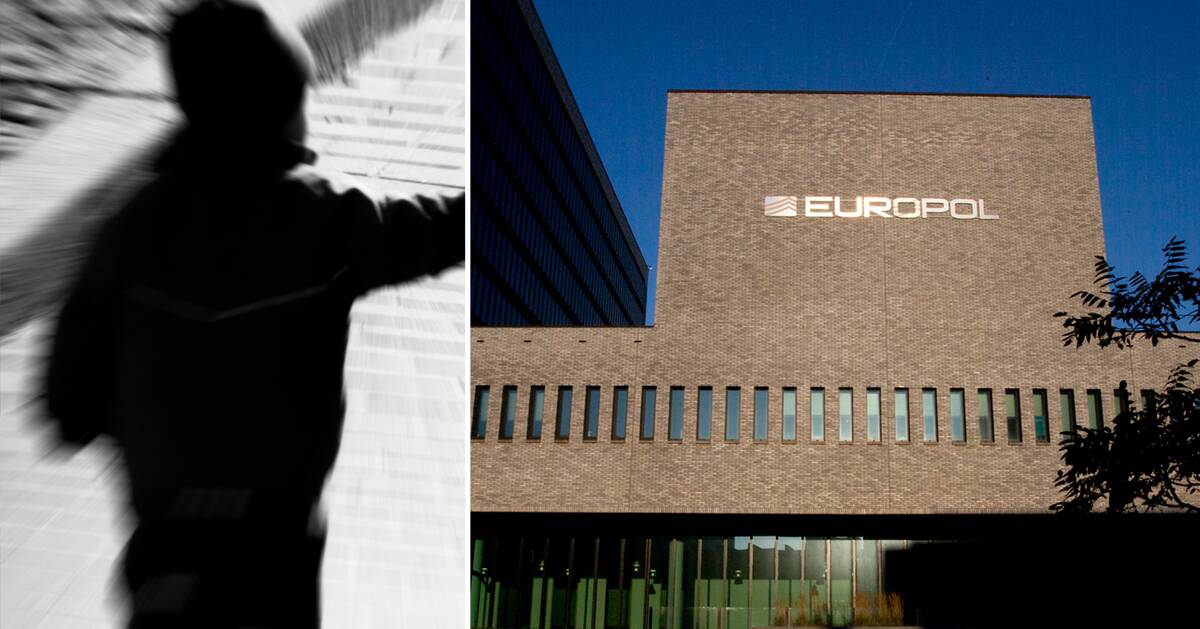The operation, which ran throughout October and was planned for much longer, targeted criminal networks that used stolen credit card details to buy capital goods from online stores.
In a series of coordinated raids, the police raided several addresses where goods were delivered and arrested the people on the spot.
The goods, worth millions of kroner, have been seized.
Currently, 59 people have been arrested, but Europol expects that there will be more.
The transactions are now being mapped in several investigations, and work to secure evidence continues.
It is EC3, Europol's center for cybercrime, which coordinated the efforts, where e-tailers, banks, logistics companies and payment card companies also contributed to the disclosure of the criminal activity.
No protection outside the EU
According to Lotta Mauritzson at the Police's national fraud centre, e-commerce within the EU has been well protected against fraud of this type for a couple of years:
- A further verification from the cardholder is required for all purchases of larger amounts.
But on purchases from countries outside the EU, that protection is often missing and you run the risk of being charged for purchases you did not make.
The countries outside the EU that were part of the joint police effort are Albania, Bosnia-Herzegovina, Georgia, Colombia and Great Britain.
But also EU members such as Sweden, Austria, Czech Republic, Finland, France, Germany, Greece, Hungary, Latvia, Poland, Portugal, Romania, Slovakia, Spain have participated.
Phishing and triangulation
According to Europol, the credit cards used in the frauds were stolen via so-called phishing, where the cardholders were tricked into giving up information via phone, email, SMS or messaging apps.
Other cards have ended up in the wrong hands after hackers got into the e-tailers' customer registers and stole information or via so-called triangulation - when criminals set up fake e-commerce sites where gullible online shoppers key in their details without ever getting any goods delivered.
Often, the card companies or banks provide compensation to consumers who can prove that they have had their card details stolen - but in the end it is still the consumers who foot the bill via, among other things, card fees.

